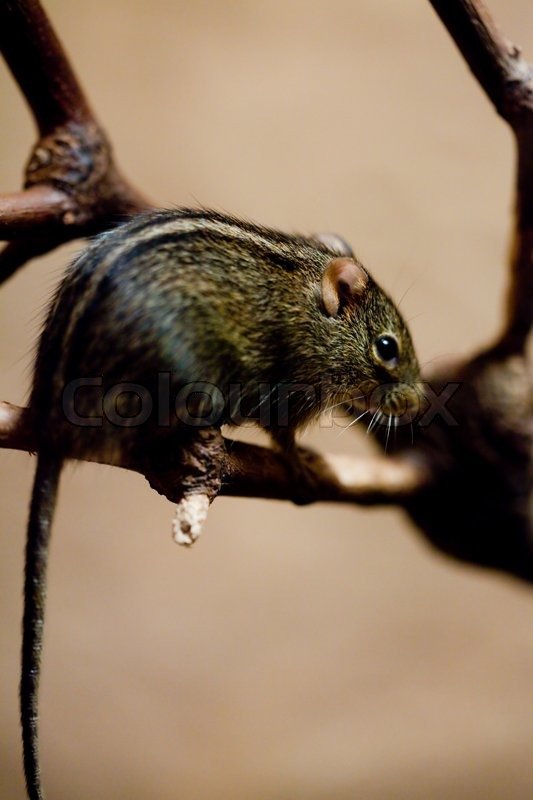My name is Miraramitatu (Three Lines), which is drawn from the recital of my family/clan totem, Hwesa which is a very small wild mouse, with three lines on its back, almost like nature’s adidas. Association with totems is a very strong cultural tradition here in Zimbabwe, and carries with it sacred symbolism. Totems are a source of family pride and ignorance of one’s totem as a Zimbabwean is frowned upon and demeans one’s social standing.

The most common totems (mitupo in the shona language) draw from the animal kingdom, with examples like the lion (nyamuzihwa), the zebra (tembo), the eland (mhofu), the bird (hungwe), the crocodile (ngwena), the monkey (soko), the snake (mheta) and a few from body parts such as the leg (gumbo) and the heart (moyo). In Zimbabwe there are about 25 clearly distinguishable totem lines.
A child is born bearing the father's totem as is common practice with last names. As our Zimbabwean culture is very highly patriarchal, successive generations of a family carry on and connect to their family roots more through the totems than through last names. Totems are part of a strong oral tradition and therefore are hardly ever found written on any official documents like birth certificates or any other identification documents. So every Zimbabwean with the exception of those who may not be in touch with their patriarchal side will know their totem and will be proud to be associated with it.
During my kindergarten years, I used to delight in watching the animated cartoon series Visionaries- Knights of the magical light which I think is probably one of the best ways of describing this Zimbabwean cultural tradition to anyone who might not be familiar with it. In the animated series, the characters are bestowed with powers to transform into animals which mirror their characters as individuals. According to the greybeard autochthons of our culture, members of the same totem line exhibit shared character traits that resemble very closely the behavior of their totem animal. So while totem holders may not transform into animals, it is believed they live these animals everyday.

Totems however, also had (and still do) have a more straightforward and less debatable function. For instance, before you start seriously dating a potential suitor it is casual common practice to ask each other’s totem, as a way of avoiding inbreeding and incest. This works better than last names, which are thought of as easily corruptible over generations. Other functions include the use of the totems as identity markers for identifying the ruling class from subjects. The practice of totemism also contributed historically to the preservation of biodiversity since it is taboo to consume or harm one’s own totem animal. As a way of honouring and preserving the totem animals, legend has it that if you eat your own totem, you risk all your teeth falling out including many other unspecified actions meted out by departed ancestors. For this reason, I dare not tempt the ancestral spirits of the Hwesa clan, lest they call my bluff.
Each totem comes with it a full sonnet-like poetic recital used to recognize the presence of a totem holder as a way of conferring the highest level of honour, praise, and gratitude for good deeds. Wives honor husbands in this way, and the reverse, mothers (who are of a different totem) honour their sons by reciting the special poetic verses.
True to the totem, very distinguishable character traits run through the members of the Hwesa clan. Women of the Hwesa totem are known for their intelligent and exude exceptional leadership qualities, excelling in whatever environment you put them. Humility and selflessness come naturally. They are relentless hard workers and are extremely patient, and we proud of these our aunties and sisters. The men on the other hand are recognized by their effortless easy going and loving nature, witty use of humour and diligence. They have a high affinity for and assimilation of new knowledge and information. Hwesa men have an unparalleled culinary skill set complimented by a highly evolved sense of taste and smell.
As a Hwesa myself, I identify as a free-thinker, colour dreamer and lover of food, traits that I like to believe are a reflection of the Hwesa (wild mouse). As a jovial Hwesa, I firmly believe that no one can ruin my day without my consent and I approach life’s challenges with mental agility and optimism.
thx for sharing~
COOL RAT THING!